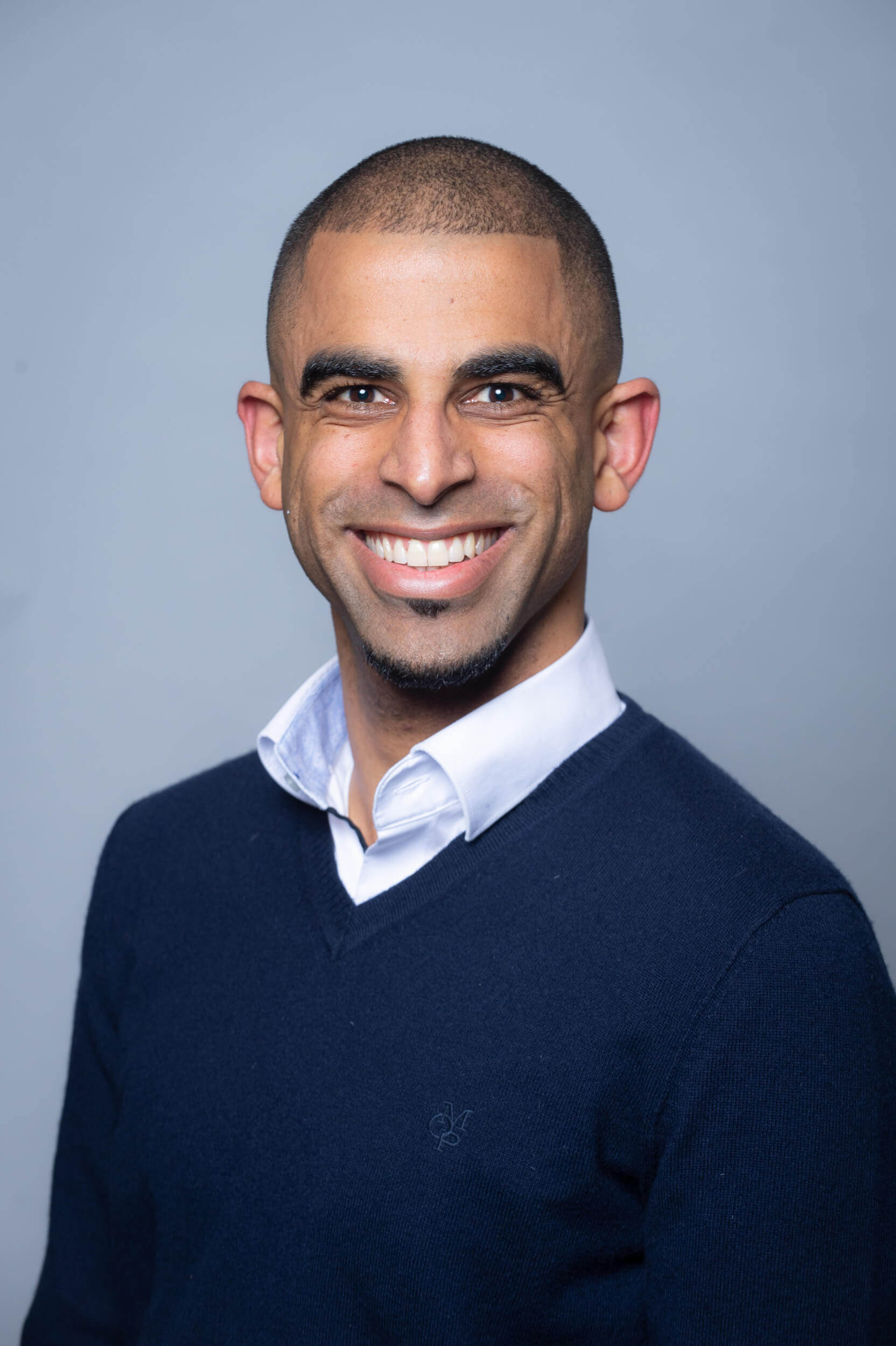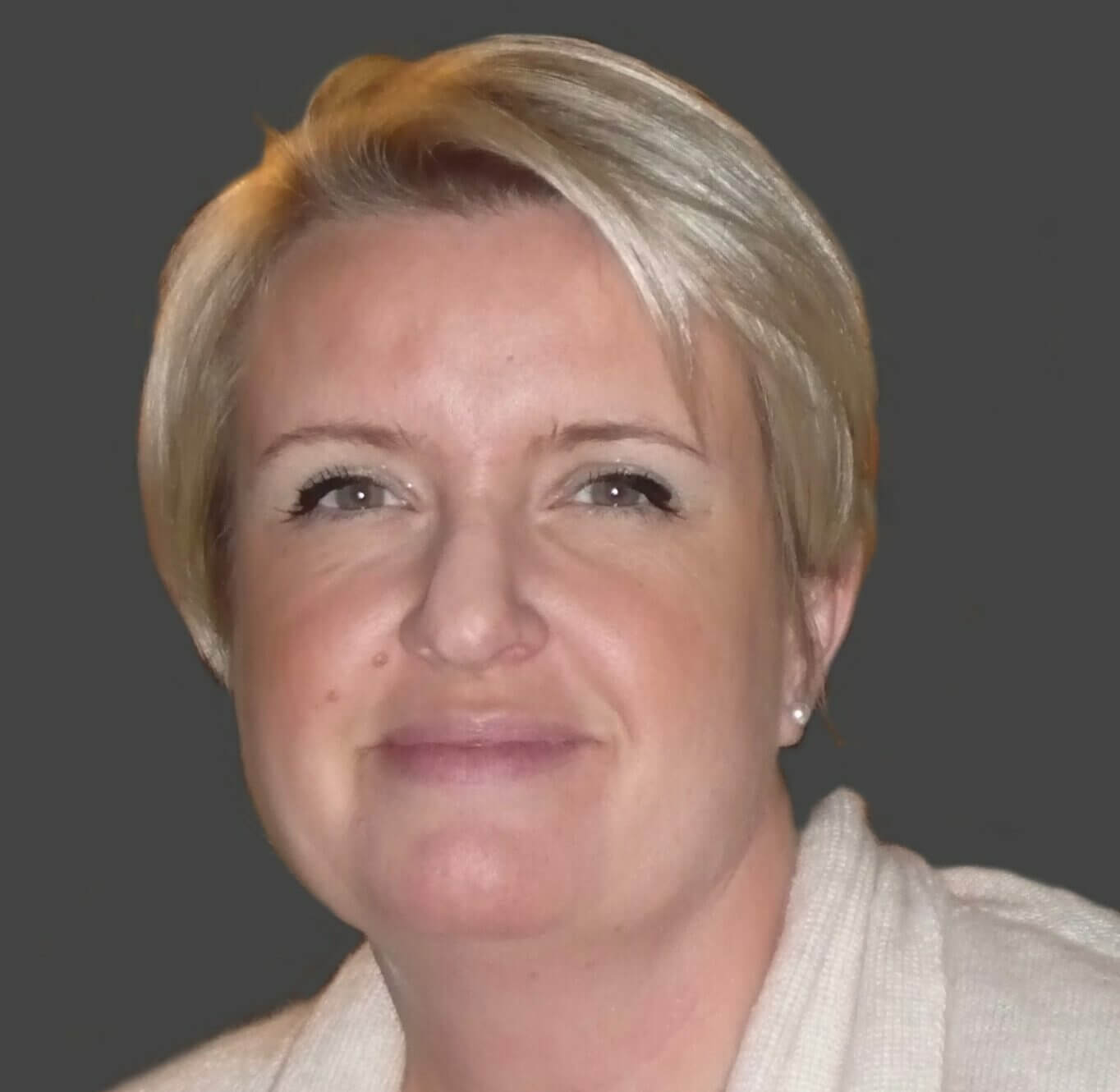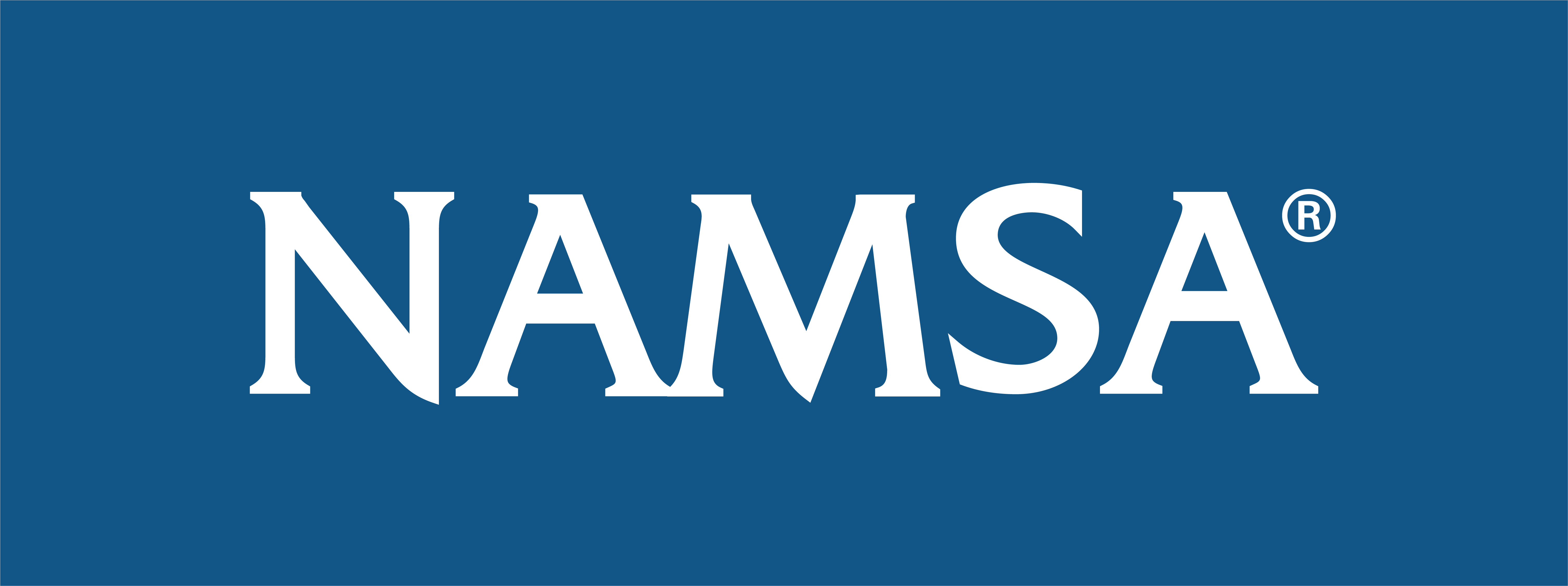Biological Safety Training—Tokyo
About
Date/Time
Date(s) - April 24, 2023 - April 26, 2023 All DayLocation
Nihonbashi Life Science HUB1-1-5, Nihonbashi-muromachi
Chuo-Ku, Tokyo, 103-0022
NOTE: IN-PERSON TRAINING,
LIVE TRANSLATION and course material IN JAPANESE
Biocompatibility of Medical Devices –
Three-Day Certification Course
Date: 24-26 April 2023
Location: Nihonbashi Life Science Hub
Price: $2,150 USD (early registration discount of $1,800 USD ends Sunday, 5 March 2023)
The release of ISO 10993-1:2018, 10993-18:2020 and the Medical Device Regulation (MDR) General Safety and Performance Requirements (GSPR) bring new challenges for medical device manufacturers. The industry is experiencing the most drastic updates in the biological evaluation of medical devices since the issuance of the ISO 10993 standards.
This course is structured to tackle each of these challenges and provide hands-on experiential learning. It is designed for those who require a working knowledge of biocompatibility or are looking to update and sharpen their skills. Participants can expect to learn how to use standards to establish a biological safety evaluation plan, as well as how to document and implement their plan. Use of material/chemical characterization and risk assessment will be highlighted, as will real-world exercises to practice evaluating biological risk. (In order to be certified as a Biological Safety Specialist, participants must attend and complete all exercises over the 3-day course).
Course Objectives
- Upon course completion, attendees will be able to:
- Apply the principles of ISO 10993-1:2018 to their particular challenges with medical device biocompatibility
- Discuss the FDA guidance for biological safety and distinguish where the FDA and other regulatory bodies differ
- Prepare to upgrade device technical documentation to meet the European Union’s (EU) MDR 2017/745 GSPR
- Answer the question: When is testing not the only option?
- Distinguish the difference between evaluation and testing and recognize when testing is absolutely necessary or avoidable
- Select chemical and biological tests and understand how to choose among various methods
- Utilize ISO 10993-18:2020 and material/chemical characterization information with the use of toxicological risk assessment to demonstrate biological safety
- Develop a program that guides your device on the regulatory path and reduces time to market
- Practice how to execute your plan from development to completion and how to schedule and document the implementation of your biocompatibility plan
NOTE: Our security measures require that your credit card billing address match your profile address.
*By registering for this event, you are providing NAMSA consent to contact you directly regarding NAMSA’s services. The information you are providing will be processed by NAMSA to better understand your product needs and interests. At any time, you can submit a request to withdraw your consent for the use of information provided by you by contacting us at: communications@namsa.com. For additional information, please visit our Privacy Policy or contact us at privacy@namsa.com.
対面式トレーニング。
日本語によるライブ通訳、日本語による教材
医療機器の生体適合性
3日間認定コース*
*3日間の本コースをすべてご参加いただい方に対し弊社からコースの修了証をお渡しいたします。
ただし、この修了証のみではISO 10993-1:2018 4.1項にあるknowledgeable and experienced professionals の要件を満たすことは示せません。
開催日:2023年4月24日~26日
開催場所 日本橋ライフサイエンスハブ
価格:2,150米ドル(早期登録割引1,800米ドルは2023年3月5日(日)まで
ISO 10993-1:2018、10993-18:2020、医療機器規則(MDR)一般安全性能要件(GSPR)の発出は、医療機器メーカーに新たな課題をもたらしています。業界では、医療機器の生物学的評価において、ISO 10993規格の発行以来、最も抜本的な更新が行われています。
本コースは、これらの課題に取り組み、実践的な経験学習を提供するように構成されており、生体適合性の実務的な知識を必要とする方、またはスキルの更新や研鑽を目指す方を対象としています。参加者は、規格を利用して生物学的安全性評価計画を策定する方法、およびその計画を文書化して実施する方法を学ぶことが期待できます。また、材料/化学的特性評価とリスクアセスメントの活用に焦点を当て、生物学的リスク評価を実践するための演習も行います。 (生物学的安全性のスペシャリストとして認定されるには、3日間のコースに参加し、すべての演習を完了する必要があります)
コースの目的
本コースを修了すると、以下のことができるようになります。
- ISO 10993-1:2018の原則を医療機器の生体適合性に関する特定の課題に適用する。
- 生物学的安全性に関するFDAガイダンスについて説明し、FDAと他の規制機関が異なる点を区別する
- 欧州連合(EU)のMDR 2017/745 GSPRを満たすために、デバイス技術文書をアップグレードするための準備をする
- 質問に答える:試験が唯一の選択肢でないのはどのような場合か?
- 評価と試験の違いを区別し、試験が絶対に必要な場合と避けるべき場合を認識する
- 化学的試験と生物学的試験を選択し、様々な方法の中からどのように選択するかを理解する
- ISO 10993-18:2020と材料/化学的特性評価情報を、毒性学的リスクアセスメントを使用して活用し、生物学的安全性を実証する
- デバイスの薬事ルートを手引きし、市場投入までの時間を短縮するプログラムを作成する
- 開発から完了までの計画の実行と、生体適合性計画のスケジューリングと文書化を実践する
注:セキュリティ対策として、クレジットカードの請求先住所とプロフィールの住所が一致していることが求められます。
*本コースに登録することにより、NAMSA がお客様に直接 NAMSA のサービスに関する連絡を行うことに同意したものとみなされます。ご提供いただく情報は、お客様の製品ニーズやご興味をより深く理解するためにNAMSAによって処理されます。 提供された情報の使用に関する同意の撤回を希望される場合は、いつでも communications@namsa.com までお申し出ください。その他の情報については、プライバシーポリシーをご覧いただくか、privacy@namsa.com までご連絡ください。
Register Here
Biological Safety Training—Tokyo
Login to Continue
You must be logged in to register for an event. Don't have an account? Please register here.
Agendas
Speaker

Alfred Dibao-Dina, Ph.D
Biological Safety ScientistAlfred Dibao-Dina holds a Ph.D. degree in Biomedical Engineering. At NAMSA since 2017, he started as a Technical Advisor by providing technical and regulatory guidance to medical device’s manufacturers through preparation of quotes for consulting and testing services compliant with the international standards. His current role at NAMSA as a Biological Safety Scientist focuses on the redaction of Toxicological Risk Assessments per ISO 10993-17 and Biological Risk Assessments per ISO 10993-1 and ISO 14971. He is knowledgeable in evaluating the biocompatibility of medical devices according to the ISO 10993 series and provides regular internal and external trainings in chemical characterization according to ISO 10993:18.

Sylvie Framery, PH.D
Senior Principal Biological Safety ScientistSylvie Framery holds a Ph.D. in Biology and has been working for more than 15 years with NAMSA, with experience primarily focused on the pre-clinical evaluation of medical devices. Based in the French NAMSA Laboratory, she serves as Subject Matter Expert in support of Medical Research Managers and Technical Advisors. She is the author of multiple documents including Biological Safety Plans, Biological Risk Assessments, Toxicological Risk Assessments, Gap Analyses, and Expert Reports as well. She provides regularly training sessions in Europe to medical devices manufacturers and Notified Bodies. She provides consulting services to manufacturers with biocompatibility projects for worldwide market approvals and supports them during on-site meetings with regulatory authorities. She is also an active member of the ISO/TC 194 committee.
